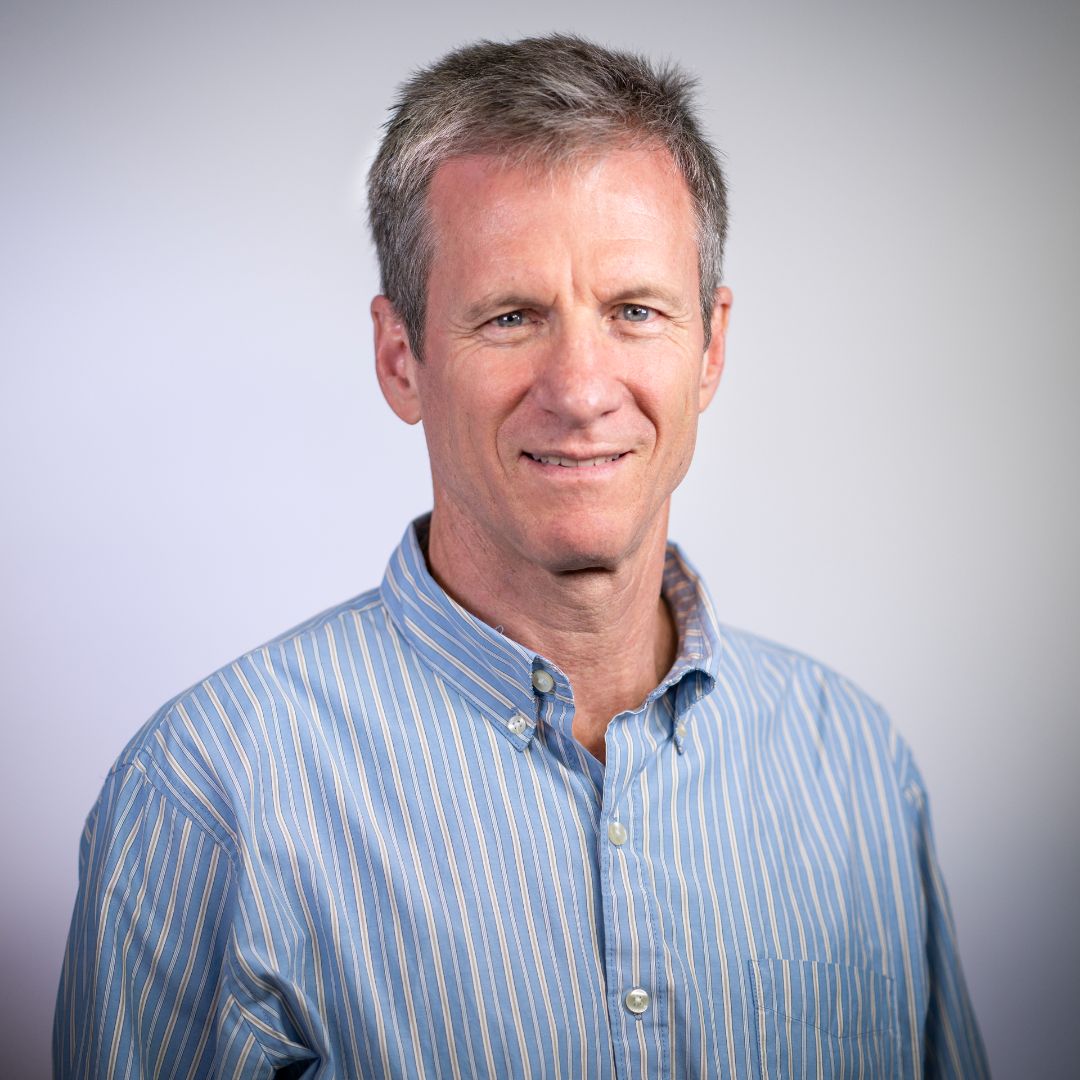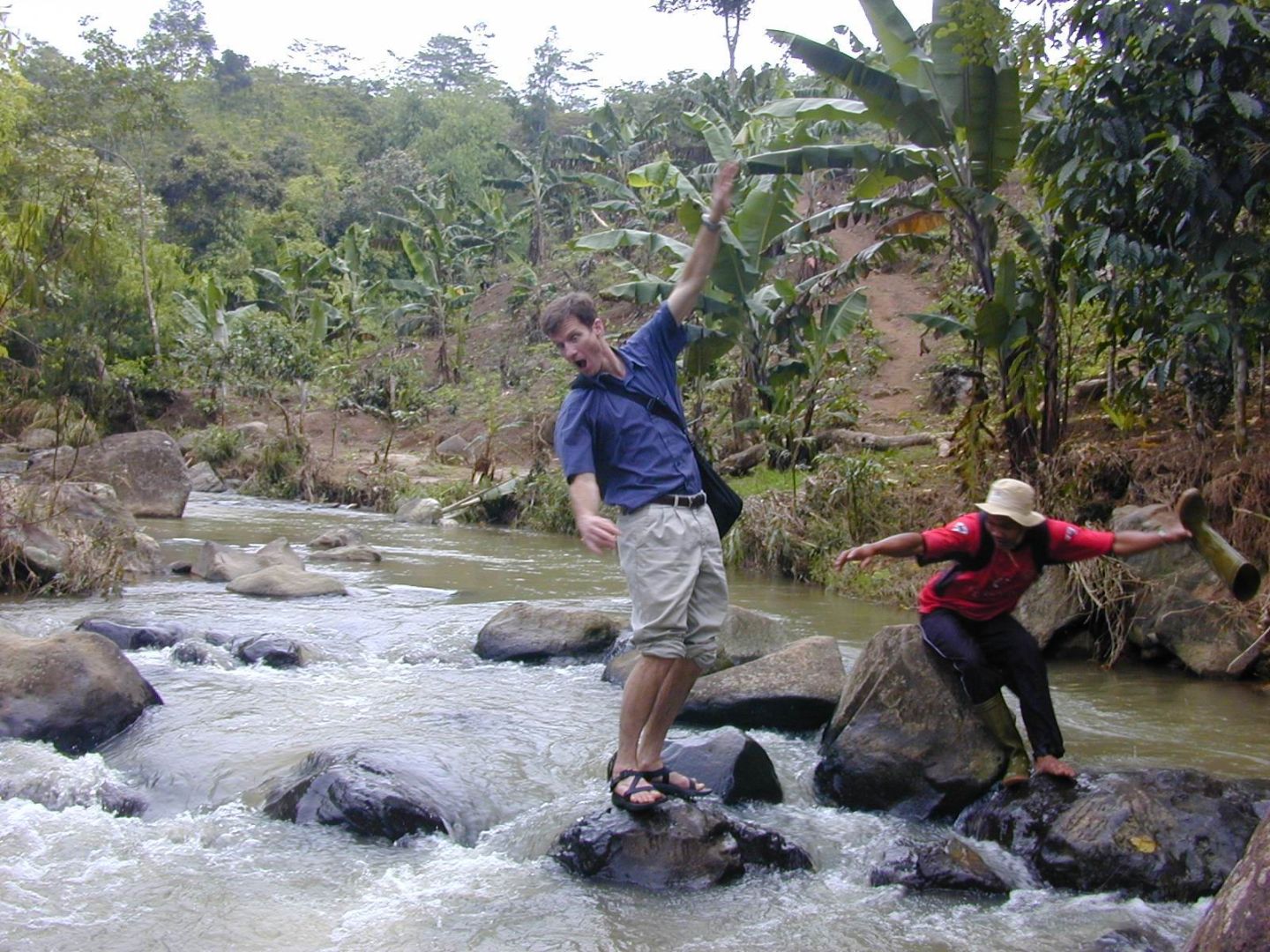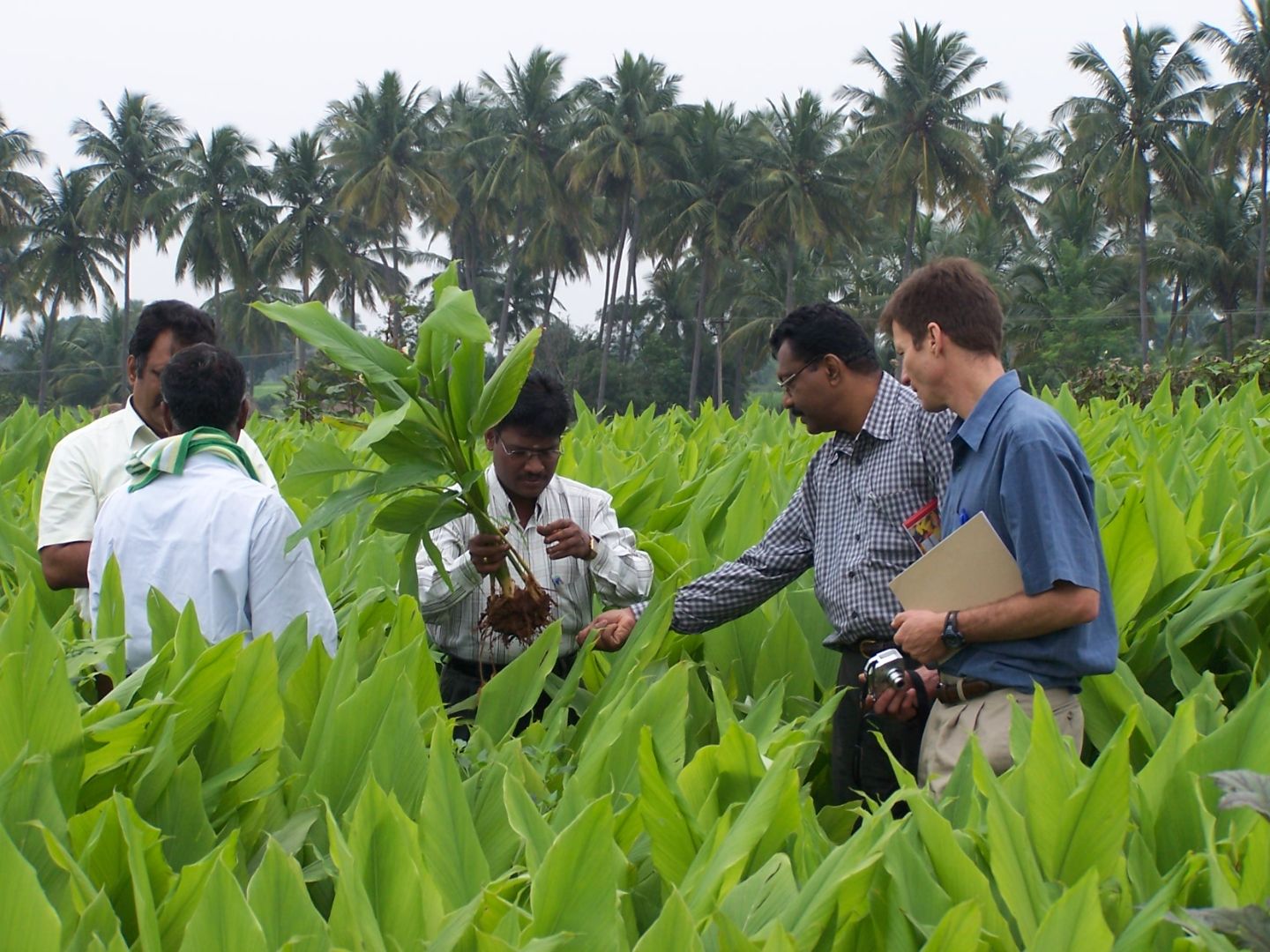John M. Kerr • Professor, Department of Community Sustainability, College of Agriculture & Natural Resources

John M. Kerr is a professor of international agricultural development and natural resource management in the Department of Community Sustainability at Michigan State University. Over the past 20 years, he has served as an adviser and committee chair to more than 30 master’s and Ph.D. students—22 of whom were international students—and has been on 85 graduate student committees. Kerr’s commitment to education and advancing knowledge and understanding of international issues among students and colleagues across the MSU campus make him a model recipient of the Charles A. Gliozzo International Award for Public Diplomacy.
As a mentor, Kerr works closely with graduate students to ensure high quality in their scholarship and offers them a variety of academic opportunities. He has also provided many years of leadership to the Hubert H. Humphrey Fellowship Program at MSU, a Fulbright Exchange Program that brings professionals to the U.S. for one year of study and professional opportunities. In this role, Kerr provides valuable learning experience to international professionals about the American political system, economic development in Michigan, and leadership development.
Kerr’s natural resource conservation research examines the roles of community development, collective action, property rights, economic incentives and policies in natural resource management decisions and outcomes. He earned a Ph.D. in applied economics at the Food Research Institute at Stanford University, and previously served at the International Crops Research Institute for the Semi-Arid Tropics in India and at the International Food Policy Research Institute in Washington, D.C.
International work has been in my family for generations. My grandparents—one from Cincinnati and the other from New Jersey—met while both were doing relief work during the Armenian genocide in Turkey in 1920. My parents met as students at the American University of Beirut three decades later. My dad was a professor of Middle Eastern politics at UCLA and I spent time going to school in Lebanon, Egypt, France and Tunisia growing up. So international work was in my blood from the start.

On the other hand, my family didn’t have any background in agriculture or natural resource management. I became interested in international rural development when I worked with a nonprofit organization in Egypt after my undergraduate studies, where I began my learning about how people manage to make a living in agriculture—which turns out to be very complex.
At the time I was in graduate school there was growing interest in environmental sustainability, and I latched on to that. After finishing my Ph.D., I was lucky enough to get a job in India in which I conducted research on the economics of natural resource conservation while also coordinating a network of scholars around the country doing the same. It was an incredible opportunity and opened my eyes to so many things. Most of the research I have done since then has its roots in that period of my life.
For me, public diplomacy in an international development context mainly has taken the shape of educating international students and scholars and offering professional development that can contribute to international collaboration and understanding.
During my time at MSU I have supervised 12 international Ph.D. students and 10 international master’s students and I have served on the advisory committee of dozens of other international graduate students. Together we have published dozens of peer-reviewed research articles, on which normally they are the first author. Many of them are in prestigious positions in their home countries. I also thoroughly enjoy working with Humphrey Fellows, particularly in helping them figure out how to build their networks and find their way independently, since that is what yields the greatest long-term reward for them.
I think it comes naturally to me that being a good mentor is the most important thing I can do as a university professor. Otherwise MSU would just be a research institute, not a university that trains the next generation of scholars in the process of conducting top-notch research. I find it extremely rewarding to watch a student develop, flourish and succeed.

I have always been taken by a story I’ve heard attributed to John Hannah, president of MSU. After the end of World War II, President Hannah stated that as a land grant university, MSU’s role was to be useful to the people of Michigan. He said that a very good way to be useful would be to help avoid the next world war, and to that end MSU would embark on a program of international collaborative research and education. To my understanding, this is what got MSU started on its long tradition of international work, and it is one of the things that makes MSU a wonderful professional home for me.
I think there are many ways to work toward a global collective good. Everyone has to do this in their own way, because people have different roles and interests and strengths. Teaching and inspiring young people is certainly part of it; so is doing research that contributes to the collective good. And not all of that work even needs to be international; it can still have a global impact indirectly.
Nominated by: Rebecca Jordan, Professor and Chair, Department of Community Sustainability, College of Agriculture & Natural Resources
The Charles A. Gliozzo International Award for Public Diplomacy recognizes an individual who has made significant contributions to public diplomacy through educating, training or promoting knowledge and understanding between MSU faculty and staff, community members and international students, scholars and visitors.